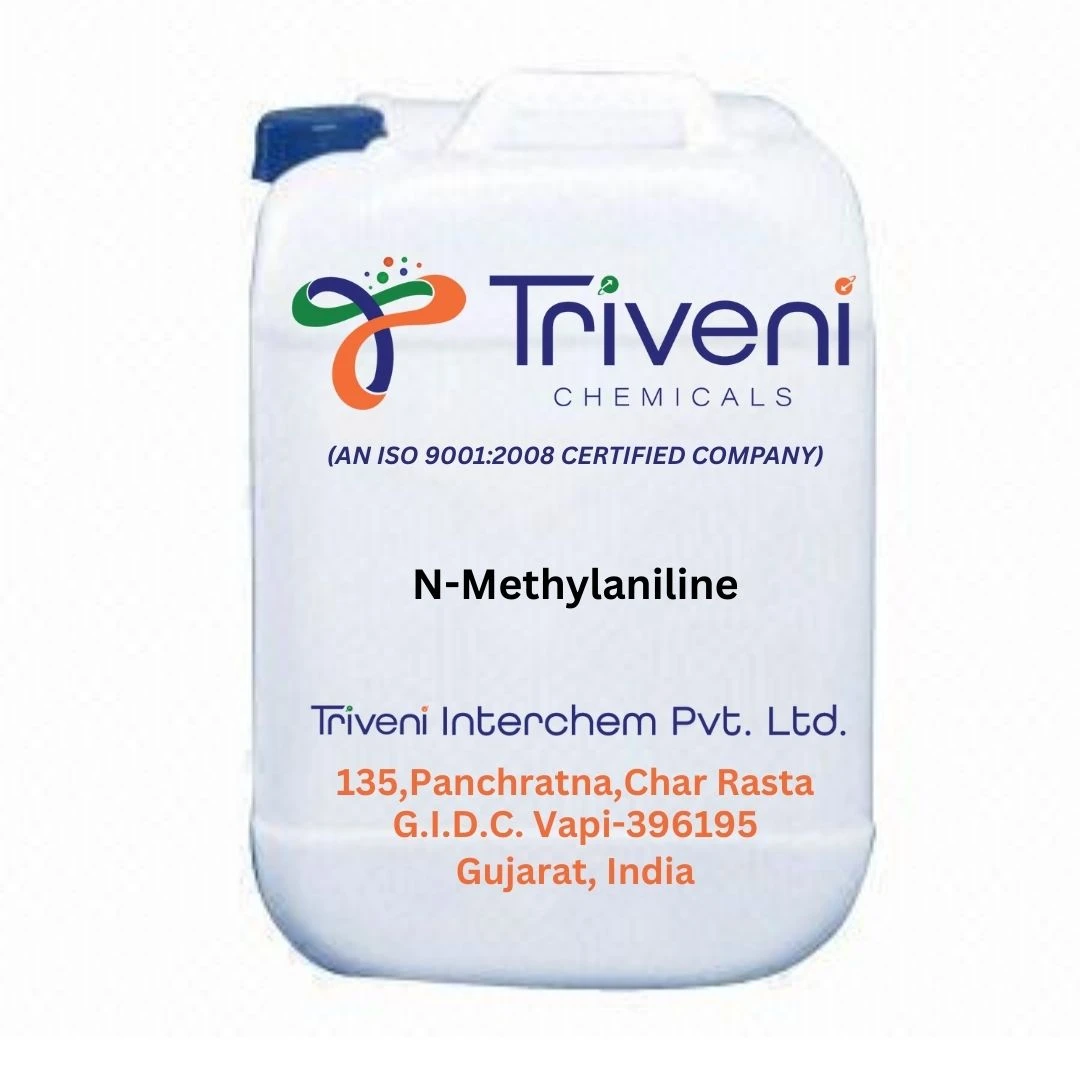An intricate industrial facility that transforms crude oil into a variety of valuable products is called a petroleum refinery. In order to extract and convert the many components of crude oil into valuable products like gasoline, diesel, jet fuel, and various petrochemicals, this refining process consists of numerous crucial processes...
An intricate industrial facility that transforms crude oil into a variety of valuable products is called a petroleum refinery. In order to extract and convert the many components of crude oil into valuable products like gasoline, diesel, jet fuel, and various petrochemicals, this refining process consists of numerous crucial processes. Let's examine the main procedures that are carried out in a normal petroleum refinery. Distillation: Distillation is the initial stage of crude oil refining. After being heated in a furnace, the heated vapors from the crude oil ascend into a distillation tower. Based on their respective boiling points, the vapors divide into different fractions as they cool and condense at different temperatures. While heavier fractions like gasoline, diesel, and heavier oils are collected at lower levels of the tower, lighter fractions like propane and butane rise to the top and are collected as gases. Cracking: Larger hydrocarbon molecules are broken down into smaller, more valuable ones by the process of cracking. There are other ways to break things, such as thermal and catalytic cracking. Whereas thermal cracking makes use of pressure and heat, catalytic cracking uses a catalyst to split molecules apart. By using both techniques, heavier fractions can yield more gasoline and other light products. Reforming: To create higher-octane gasoline components, reforming is the process of rearranging the molecular structure of hydrocarbons. Low-octane naphtha is changed into high-octane gasoline blending ingredients including aromatics and olefins by the application of heat and catalysts. Treating: Refined products must undergo critical treatments to eliminate contaminants. Sulfur, nitrogen, and metals are examples of these contaminants that can damage the environment and lessen the efficiency of fuels. The quality of the finished goods is increased by the removal of these contaminants using a variety of treatment units, including hydrotreaters and hydrocrackers. Blending: The last stage of the refining process involves combining various refined products to produce finished fuels that adhere to strict specifications. To improve octane ratings and comply with environmental requirements, gasoline and ethanol can be combined. To sum up, a petroleum refinery is an extremely advanced facility that is vital to the process of turning crude oil into a variety of valuable goods. Refineries create the fuels and chemicals that run our contemporary society through procedures including distillation, cracking, reforming, treating, and blending.


